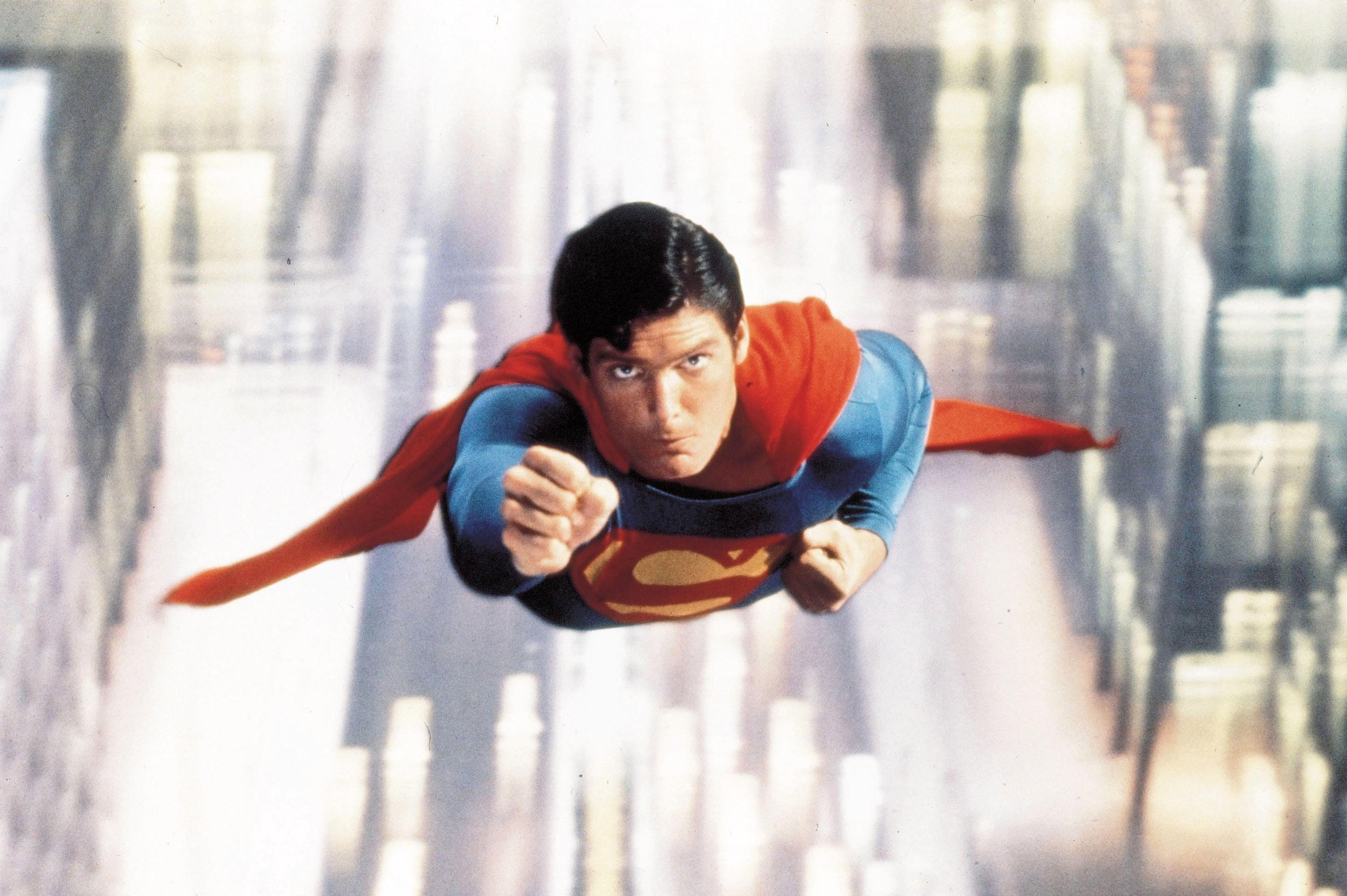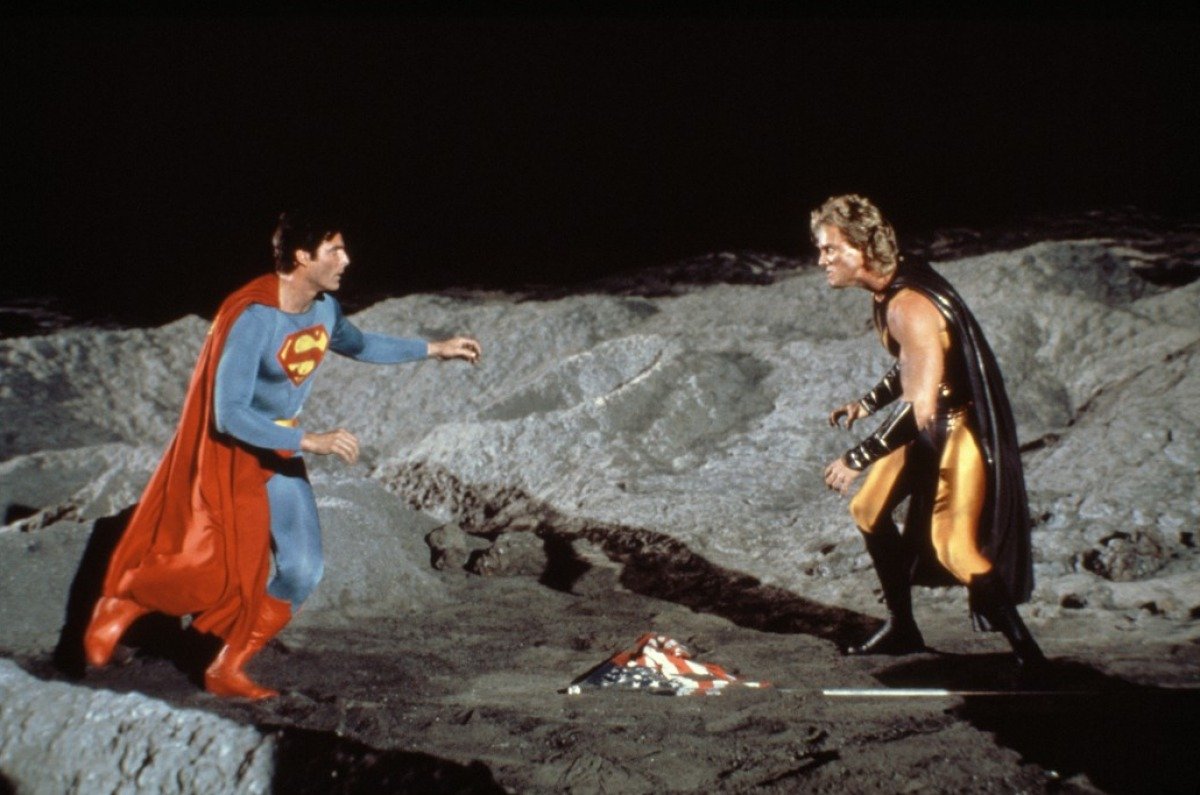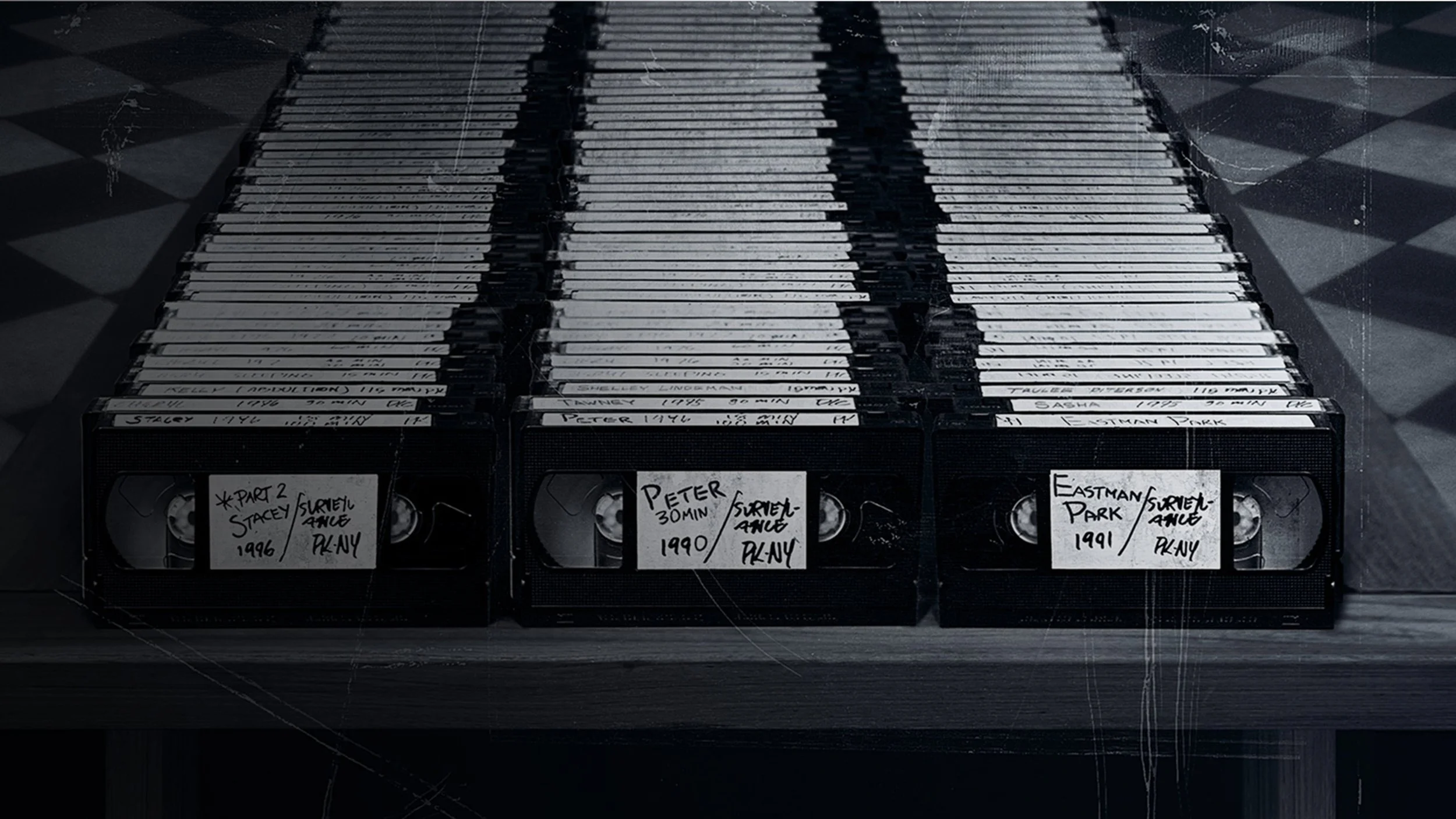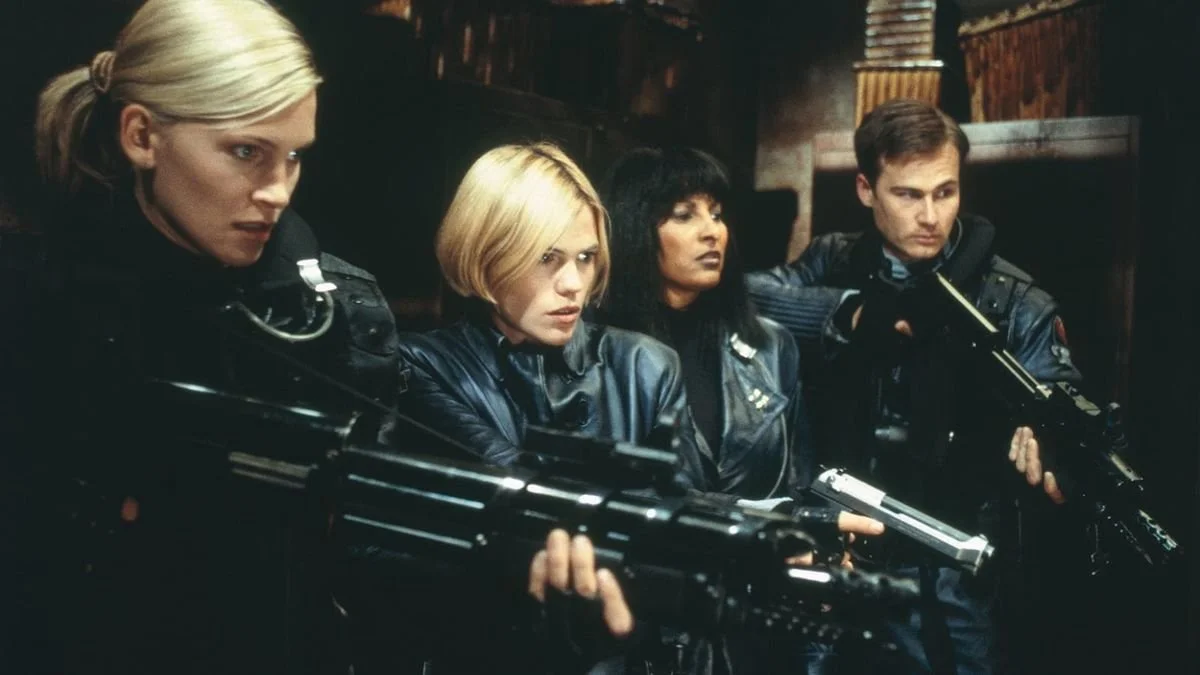Ranking the Christopher Reeve Superman Movies
During the pandemic, I watched all four Christopher Reeve Superman movies with my two boys. The films are so good-natured, humorous, and goofy, their action so tame and measured, that they are actually well-suited to preschoolers, especially if you are a parent of very small children who has reservations about the blaring noise, frenetic pacing, and relentless destructive action of most current blockbusters.
In a way, Christopher Reeve’s Superman offered me relief from my modern superhero movie fatigue. Man cannot live on MCU for breakfast, lunch, and dinner, even with occasional helpings of DC. Of course, the four Christopher Reeve Superman movies are still superhero films and thus not truly distinct, but their tone and approach is so different from the contemporary model that it actually rekindled my affection for the genre.
I had seen Superman numerous times before, and Superman II a few times, but I had never watched Superman III or IV until this go-around. I remain only an admirer of Richard Donner, rather than a full-fledged fan. Donner’s Superman, I have to confess, moves along at a ponderous pace at times. While sometimes, such as with wide shots of young Clark in Kansas (which were actually shot in Alberta, Canada), Donner seems to be channeling the epics of David Lean, at other times, Donner needs to trim scenes (particularly during the opening on Krypton, even in the shorter theatrical version). In comparison, Richard Lester, who is credited with directing II and III, manages the slapstick humour and other lighter touches better, and his two movies have a nicer clip to them. But Lester’s ideas and humour don’t always work.
My individual retrospective also confirmed that Christopher Reeve will likely never be bested as Superman/Clark Kent. Brandon Routh looked the part, and Henry Cavill conveys the incredible physical prowess of the Man of Steel, but Reeve’s gift is to be able to deliver the manifold parts of the character: from the alien outsider, to the all-American boy from Kansas, to the daring hero and mighty do-gooder, to the strong yet gentle lover of Lois Lane, to the righteous, perceptive journalist. In particular, no other actor comes close to Reeve’s portrayal of Clark Kent. (Granted, more recent Superman films are far less interested in the Clark Kent-side of the character.) Reeve always makes Clark’s perceived weakness into an ironic joke between the audience and Superman, forging a closer relationship between us and the hero. At the same time, Reeve has the charisma, build, and presence to wear the classic red and blue tights and not look silly. In short, Reeve conveys a complete Superman, and his portrayal remains a gift to cinema, no matter the legacy of the individual films.
Although flawed, the four Christopher Reeve Superman movies together contain the multiple dimensions that make-up Superman, the character. Similarly, the four films display a range of tones within the superhero genre, from earnest heroics, to epic seriousness, to familial and romantic sentimentalism, to slapstick comedy, camp, and goofball silliness. Standing apart from the current trends, dynamics, and concerns of the superhero genre, the four films refreshed my love for the character of Superman, that most archetypal of all superheroes, who can be portrayed many different ways so long as the essential elements are present. (At the same time, these movies helped me gear up for last year’s Zack Snyder Retrospective. For instance, I ended up discussing the relationship between Snyder’s approach to Superman and Christopher Reeve’s films at length in my retrospective review of Man of Steel.)
Note: For this retrospective, I have ranked the theatrical releases of the films, rather than the extended version of Superman or the Richard Donner “Restored Cut” of Superman II. If I happen to watch those versions in the future, I may update this article.
1. Superman (1978) dir. Richard Donner
There’s plenty to nitpick about the original movie’s telling of Superman. Parts are hokey, and now, with technological advances, many of the special effects are less than convincing. The special effects just don’t hold up the same way as 2001: A Space Odyssey or Star Wars. But Superman still manages to convey wonder in moments, and there’s a strong canonicity to the film. For better and for worse, this film has defined so many aspects of Superman in the culture, in no small part thanks to Christopher Reeve’s excellent, well-rounded performance.
Superman is probably the big screen version that best captures the full range of the character, from the humour, to the heroics, to the romance, to the science fiction. I also like that the story actually has Superman fight crime and rescue people, like the original Superman comics had him do, instead of just fighting galactic monsters and supervillains.
But after revisiting, I came away realizing that there’s less to the movie than I remembered. Certain scenes are drawn out at the same time that certain plots are surprisingly sparse and underdeveloped. For instance, it doesn’t take a lot for Superman to stop Lex Luther (Gene Hackman), even if the consequences of Luther’s missile strike are much harder to reverse. Much of the Lex Luther plot, especially parts involving his two not-that-funny bumbling assistants, Otis (Ned Beatty) and Mrs. Teschmacher (Valerie Perrine), could be scaled back and the film wouldn’t be for loss.
Margot Kidder, who I was never fond of as a kid watching the movie, is actually quite good at portraying the intense curiosity and annoying persistence of Lois Lane the journalist. This gives her portrayal of the character enough personality and toughness to match aspects of the Man of Steel.
In spite of the film’s relatively modest portrayal of Superman’s powers, given the special effects capabilities of the time, we do famously see Superman reverse time. Superman’s anguished scream for the dead Lois remains a classic moment, even if his flying backwards around the Earth to reverse time is about as silly as anything in a Superman comic from the 1950s.
Although at times slow and drawn out, as I noted above, there is nevertheless a slowly building sweep to the events of Donner’s Superman that recalls classic movie epics, and gives the proceedings weight in addition to the wit and the camp. As I noted in my Man of Steel review, this will always be the Superman movie that other versions are measured against, which isn’t to say it won’t or can’t be improved upon.
2. Superman II (1980) dir. Richard Lester
This may come as a surprise for younger readers, but in the pre-Nolan, pre-MCU world of film, Superman II was often a top choice for the best superhero movie of all time. It still enjoys a strong reputation, especially amongst comic book fans. A common justification for choosing the second movie over the original was that number two finally unleashes Superman’s full powers on the screen. After Man of Steel, that reasoning seems defunct, but I do know there’s a fanbase out there dedicated to Superman II and especially to the Donner version. (About 75% of Superman II was shot in conjunction with the first film, but, due to growing tensions between Donner and the producers, Alexander and Ilya Salkind, Donner was fired after the release of the first film and Richard Lester was brought in to complete the version of the second film that was eventually released in theatres.) While I can’t speak to the Donner cut, Richard Lester’s Superman II does correct some of the issues with the first Superman. Unfortunately, number two also introduces new problems.
The storyline involving Superman losing his powers is a great idea, and establishes the template of the hero wanting to become an ordinary person that so many superhero movies have since copied. Superman’s loss of his powers also serves a basic narrative function in that we actually fear for Superman in a way that never happens in the first film (even when he’s drowning with Kryptonite tied around his neck). My kids, for instance, were particularly alarmed during the scene when a mean trucker beats up the powerless Clark in a bar.
What also works, which may surprise some, is the humorous romcom scenes set in Niagara Falls, when Lois and Clark, working as journalists, are pretending to be newlyweds. Some of the slapstick lands and some doesn’t, but it’s a fun section of the film. I would also say that Margot Kidder and Christopher Reeve have even better chemistry in this film.
What doesn’t work (and I expect some pushback from fans here) are the three evil Kryptonians—Terence Stamp’s General Zod, Sarah Douglas’s Ursa, and Jack O’Halloran’s Non—who are, I’m afraid to say, uber-silly. Sure, Stamp has great vocal presence, but it’s not enough to make up for their goofy costumes and wooden interactions. I just can’t take them seriously; they remind me of both Silent Era representations of villainy and Jaws in Moonraker. I think that Snyder was perhaps foolish to draw on this film’s portrayal of Zod for his version.
3. Superman III (1983) dir. Richard Lester
While there are some good scenes and entertaining aspects, Superman III remains a mixed bag. Most of the mistakes are more bizarre errors in judgement rather than mistakes in execution (think Batman and Robin and Wonder Woman 1984). Case in point: instead of featuring the opening credits “flying through space” (as my boys described the beginnings of the first two Superman movies), director Richard Lester places the soaring credits over an extended slapstick and rescue sequence in downtown Metropolis. The jokes don’t quite land.
Another strange thing about the film is how Richard Pryor’s Gus is essentially the main character. Just before that opening credits sequence I discussed above, we get a cold open that is a truly bizarre start to any superhero movie. We find ourselves in a crowded early-1980s New York City welfare office where Pryor, whose Gus is a bit of a smart ass as well as just plain smart, wants to collect his cheque and complains about how hard it is to get a job. (His job search will lead him to discover that he is a computer genius, and from there he uses those abilities to steal money electronically, and from there he is recruited by the rich bad guy. That’s the kind of movie it is.) But this bizarre opening scene also happens to be one of the best scenes in the movie—it’s funny and raw and laced with social critique—even though it has nothing to do with Superman.
Thankfully, the film is anchored by Christopher Reeve, who is still so good. Superman III is also notable for having Lana Lang (Annette O’Toole), Clark’s old Smallville sweetheart, as the main female love interest, since Lois is on vacation. Much of the film takes place back in Kansas.
I have to admit, I did find some of the weird campy moments hilarious, especially Superman becoming bad. Superman doesn’t become evil; he just becomes a huge dick. He straightens out the leaning tower of Pisa, and, in a truly hilarious jerk moment, snuffs out the Olympic torch at the last second. I like the visual touch of having “Bad Superman” sport a five o’clock shadow and slightly darker toned tights. (It seems likely that Sam Raimi borrowed aspects of this portrayal for Bad Peter Parker in Spider-Man 3.)
Unfortunately, the main villain is just a watered-down version of Gene Hackman’s already kind of lame Lex Luthor. (I know others like Hackman’s Luther, but I’ve never really adored his hammy portrayal of the character, particularly his obsession with real estate.) Robert Vaughn’s Ross Webster—this movie’s villainous tycoon—is a good example of second-rate sequel filmmaking: do the same thing slightly differently, and worse.
Overall, Superman III doesn’t deserve to be forgotten or ignored. At times, its madcap approach can be genuinely appealing. It remains one of the silliest superhero movies, and self-consciously so.
4. Superman IV: The Quest for Peace (1987) dir. Sidney J. Furie
Superman IV is often lambasted as one of the worst movies ever made. But in my experience, I know more people who are familiar with the film’s reputation than have actually seen the movie. Make no mistake, this is a bad movie, but it is neither the worst movie ever made, nor even the worst superhero movie. It’s just a cheesy, third-rate hero flick.
Superman IV is also not without some interest. For instance, I was intrigued by how the film takes the mid-century American optimism and patriotism of classic Superman stories and retrofits those qualities to a more global outlook: Superman works to eliminate nuclear weapons and save the global community. Faith in international bodies such as the United Nations replaces faith in specifically-American institutions. It’s said that Christopher Reeve only agreed to sign on to the movie if they included the anti-nuclear plotline.
In terms of the film’s characters, the return of Gene Hackman’s Lex Luther is welcome. It’s fun to watch Luther use other bad guys for his own benefit. That said, the main supervillain, Nuclear Man (Mark Pillow), is laughable. While my boys were young enough to accept Nuclear Man as a genuine villain, being scared by his long radioactive nails, his conception is laughable and his costume is pure camp. Margot Kidder turns in a more frazzled performance than in the first two films.
I do not recommend that anyone seek out Superman IV, except the purist who must naturally see each film in the series. But for that purist, there will be a few small rewards amongst the mess.
Superman (1978, UK/Switzerland/Panama/USA)
Directed by Richard Donner; screenplay by Mario Puzo, David Newman, Leslie Newman and Robert Benton; starring Christopher Reeve, Gene Hackman, Margot Kidder, Ned Beatty, Jackie Cooper, Valerie Perrine, Glenn Ford, Phyllis Thaxter, and Marlon Brando.
Superman II (1980, UK/USA)
Directed by Richard Lester; screenplay by Mario Puzo, David Newman, and Leslie Newman; starring Christopher Reeve, Gene Hackman, Ned Beatty, Jackie Cooper, Sarah Douglas, Margot Kidder, Jack O’Halloran, Valerie Perrine, Susannah York, Clifton James, E. G. Marshall, Marc McClure, and Terence Stamp.
Superman III (1983, UK/USA)
Directed by Richard Lester; screenplay by David Newman and Leslie Newman; starring Christopher Reeve, Richard Pryor, Jackie Cooper, Marc McClure, Annette O’Toole, Annie Ross, Pamela Stephenson, Robert Vaughan, and Margot Kidder.
Superman IV: The Quest for Peace (1987, USA/UK)
Directed by Sidney J. Furie; screenplay by Lawrence Konner and Mark Rosenthal; starring Christopher Reeve, Gene Hackman, Jackie Cooper, Marc McClure, Jon Cryer, Sam Wanamaker, Mariel Hemingway, Mark Pillow, and Margot Kidder.







Kiyoshi Kurosawa’s 2001 J-horror film predicted the new millennium in terrifying ways.